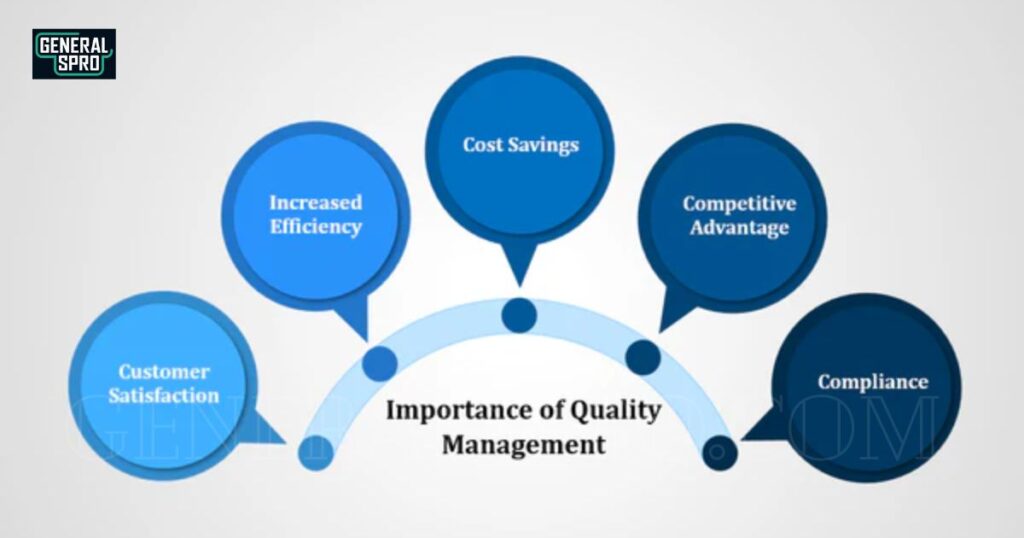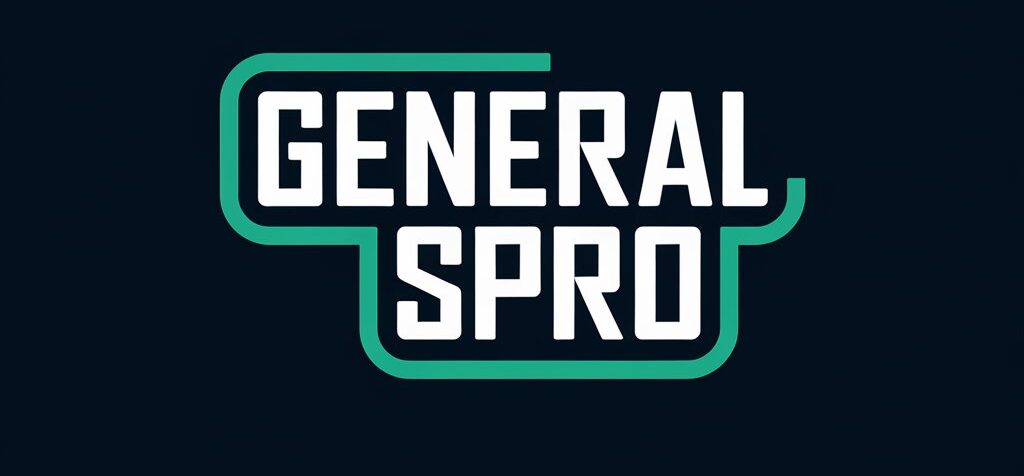In today’s competitive professional landscape, simply stating you have a “strong work ethic” might not fully capture your dedication to excellence and commitment to professional growth.
Whether you’re crafting a compelling resume, preparing for an interview, or writing a performance review, having diverse ways to express your work ethic can make your communication more impactful and memorable.
What to Say Instead of “Strong Work Ethic”

How we describe professional qualities can significantly influence how others perceive our capabilities.
By expanding our vocabulary beyond the common phrase “strong work ethic,” we can better articulate the specific attributes that make us valuable team members.
Let’s explore fifteen powerful alternatives demonstrating your exemplary dedication and high-performance mindset.
Hardworking
Being hardworking encompasses more than just putting in long hours. It reflects a tenacious and goal-oriented approach to professional responsibilities.
When describing someone as hardworking, you highlight their unwavering diligence and consistent work habits.
For example, “James demonstrates his hardworking nature by not only meeting deadlines but also pursuing additional certifications to enhance his expertise.”
Diligent
Diligence represents a proactive problem-solver mindset combined with meticulous attention to detail.
This term particularly resonates when describing someone who maintains high standards while showing initiative and innovation.
“Maria’s diligent approach to project management ensures that all deliverables exceed client expectations while staying within budget constraints.”
Dedicated
Dedication implies a strong sense of responsibility and commitment to excellence that goes beyond basic job requirements. It showcases resilience under pressure and a persistent drive for improvement.
“Through his dedicated approach, Michael successfully led the team through a challenging system migration while maintaining regular operations.”
Reliable
Reliability encompasses both dependability and professional integrity. This quality emphasizes consistent work habits and ethical workplace behavior.
“Sarah’s reliable nature makes her the go-to person for critical client presentations, as she consistently delivers polished work ahead of schedule.”
Productive
Productivity combines efficiency with practical time management skills. It’s about maximizing output while maintaining quality standards.
“David’s productive work style allows him to handle multiple projects simultaneously without compromising on attention to detail.”
The Evolution of Workplace Values
In today’s dynamic business environment, professional dedication has evolved significantly. Organizations now seek individuals who demonstrate an essential work ethic and a comprehensive commitment to excellence encompassing various aspects of professional behavior.
This evolution reflects the changing nature of work itself, where adaptability and resilience have become as crucial as traditional work values.
Understanding Professional Integrity
Professional integrity forms the cornerstone of a strong work ethic. It manifests in consistent ethical decision-making, transparent communication, and unwavering commitment to organizational values.
Companies increasingly recognize that employees with high professional integrity contribute significantly to building trust with stakeholders and maintaining long-term business relationships.
Cultivating a High-Performance Mindset

The development of a high-performance mindset goes beyond mere productivity. It involves cultivating a proactive approach to challenges, maintaining unwavering diligence in task execution, and consistently seeking opportunities for improvement.
This mindset drives individuals to exceed expectations and set new standards of excellence in their respective fields.
The Role of Self-Motivation
Self-motivation represents a crucial component of professional excellence. It manifests through consistent work habits, initiative-taking, and maintaining momentum even in challenging situations.
Self-motivated professionals demonstrate remarkable resilience under pressure and often become catalysts for positive organizational change.
Building Professional Resilience
Professional resilience encompasses maintaining high-performance standards while adapting to changing circumstances.
It involves developing coping mechanisms for workplace stress, maintaining focus during challenging periods, and bouncing back from setbacks with renewed determination.
Time Management Excellence
Mastery of time management reflects a sophisticated understanding of professional priorities.
It involves meeting deadlines, strategically allocating resources, balancing multiple responsibilities, and maintaining consistent productivity levels throughout varying work cycles.
Leadership Through Example
Exemplary dedication often translates into natural leadership qualities. Professionals who consistently demonstrate strong work ethics tend to inspire similar behavior in their colleagues, creating a positive ripple effect throughout the organization.
Innovation and Initiative
The intersection of strong work ethic and innovation creates particularly valuable employees. These individuals not only complete assigned tasks efficiently but also proactively identify opportunities for improvement and implement creative solutions to existing challenges.
Accountability in Professional Settings
Professional accountability extends beyond fundamental responsibility. It involves taking ownership of outcomes, learning from experiences, and maintaining transparency in all professional interactions. This level of accountability builds trust and reinforces professional credibility.
Collaborative Excellence
Strong work ethic in collaborative settings manifests through reliable partnership, effective communication, and consistent contribution to team objectives.
It involves balancing individual accountability with team success and maintaining high standards in group projects.
Professional Development Commitment
A commitment to continuous professional development demonstrates a sophisticated understanding of career growth.
It involves staying current with industry trends, pursuing relevant certifications, and actively seeking opportunities to expand professional capabilities.
Quality-Focused Approach

A quality-focused mindset represents another dimension of professional excellence. It involves attention to detail, commitment to standards, and high-quality output, even under time constraints or pressure.
Strategic Thinking and Execution
Combining strategic thinking with effective execution demonstrates a mature professional approach. It involves understanding broader business objectives while maintaining excellence in day-to-day tasks.
Building Professional Relationships
Strong work ethic extends to relationship building in professional contexts. It involves maintaining professional boundaries while fostering positive working relationships, demonstrating partnership reliability, and contributing to a positive workplace culture.
Measuring Professional Impact
Understanding and measuring professional impact requires a sophisticated approach to self-evaluation and performance metrics.
It involves setting clear goals, tracking progress, and adjusting strategies based on outcomes while maintaining unwavering diligence in pursuit of excellence.
FAQ’s
How can you measure someone’s work ethic in a professional setting?
Work ethic can be measured through observable metrics like project completion rates, adherence to deadlines, and quality of deliverables.
Additionally, peer feedback and consistency in maintaining high standards provide valuable indicators of professional dedication.
What role does work ethic play in career advancement?
A strong work ethic is often a key differentiator in promotion decisions and career growth opportunities. It demonstrates leadership potential and reliability, making individuals more likely to be considered for advanced roles.
Can work ethic be developed, or is it an inherent trait?
While some aspects of work ethic may come naturally, they can be deliberately developed through conscious effort and practice.
Professional mentoring, goal setting, and consistent self-improvement contribute to strengthening one’s work ethic.
How does work ethic impact team dynamics?
A strong work ethic influences team performance by setting high standards and encouraging others to improve. It creates a culture of accountability and excellence within the team.
What distinguishes work ethic from mere productivity?
Work ethic encompasses output quantity, quality, consistency, and professional integrity. It reflects a more profound commitment to excellence beyond simple task completion.
How should work ethic be communicated in job applications?
Professional work ethic should be demonstrated through specific examples and measurable achievements rather than generic statements. Focus on concrete instances that showcase your dedication and impact.
What’s the relationship between work ethic and work-life balance?
A strong work ethic doesn’t necessarily mean overworking; it reflects efficient time management, quality delivery, and healthy professional boundaries.
How does technology influence modern work ethic?
Digital tools and automation have redefined work ethic to include adaptability and technological proficiency while maintaining traditional values of reliability and dedication.
Conclusion
The ability to articulate your work ethic effectively can significantly impact your professional journey. By incorporating these alternatives into your professional vocabulary, you demonstrate linguistic versatility and a deep understanding of workplace excellence.








